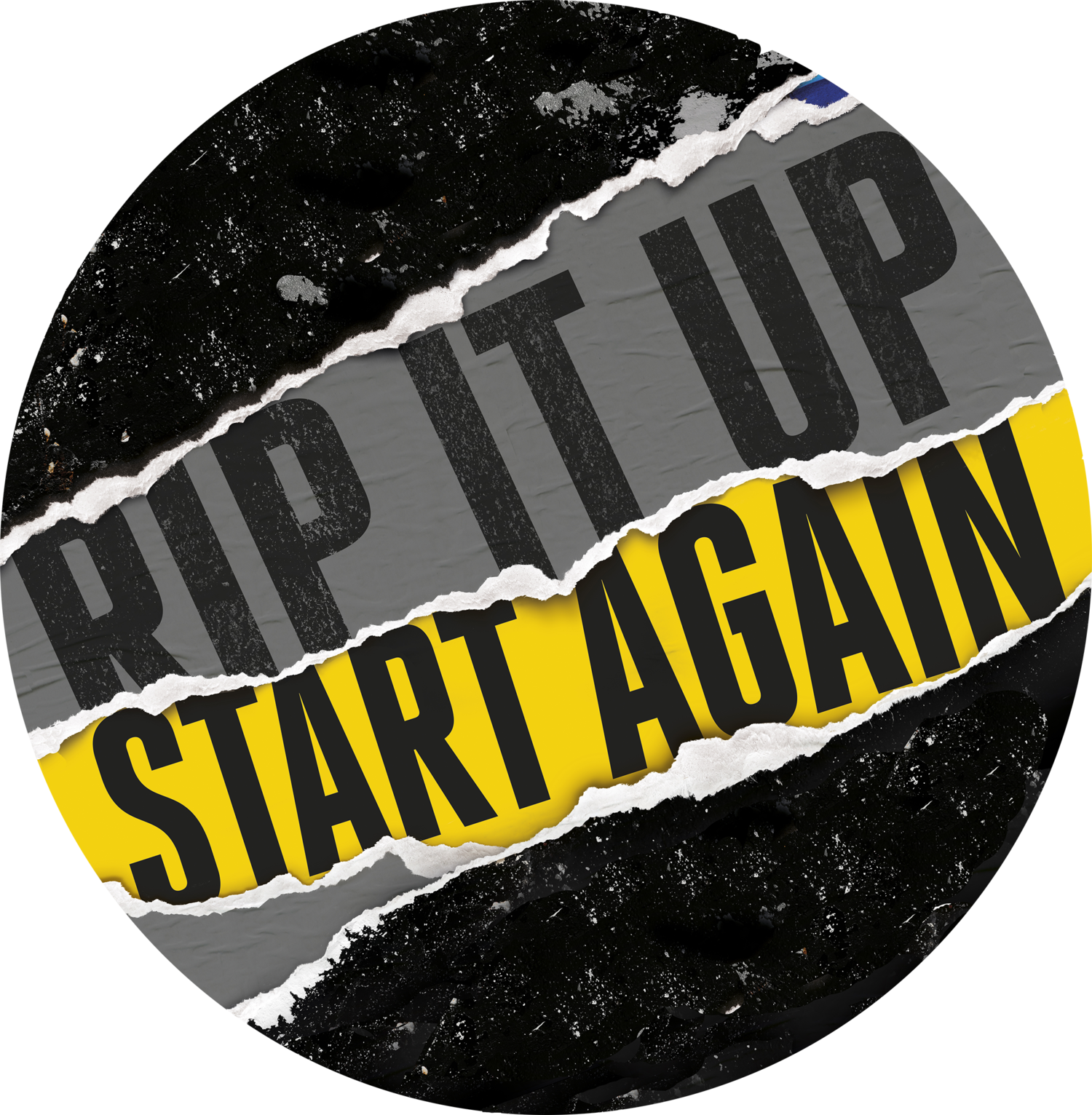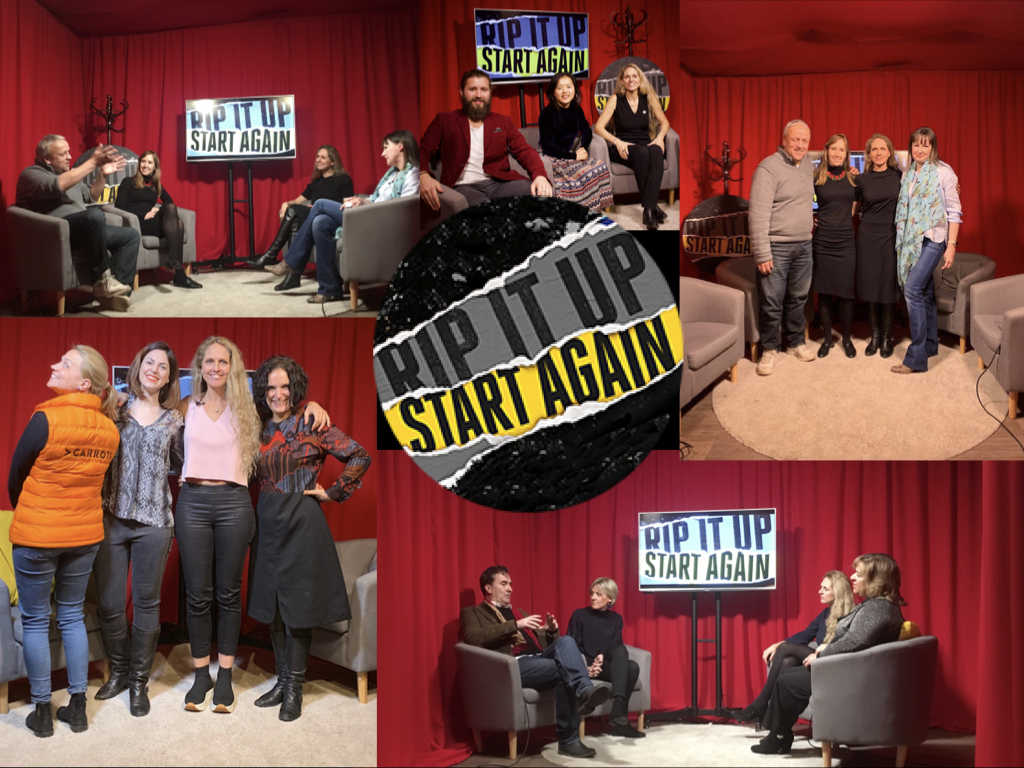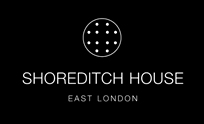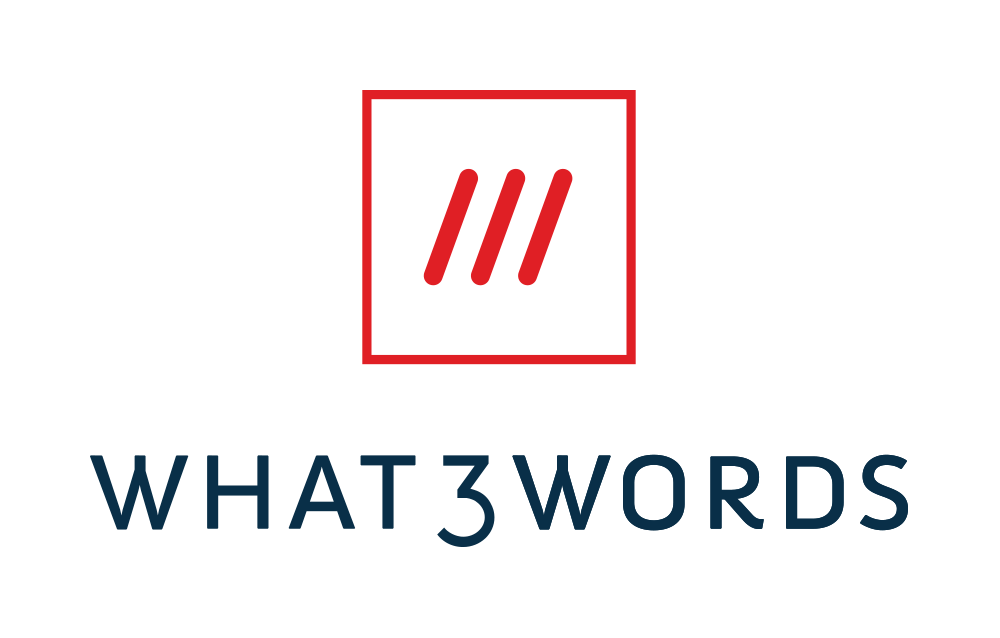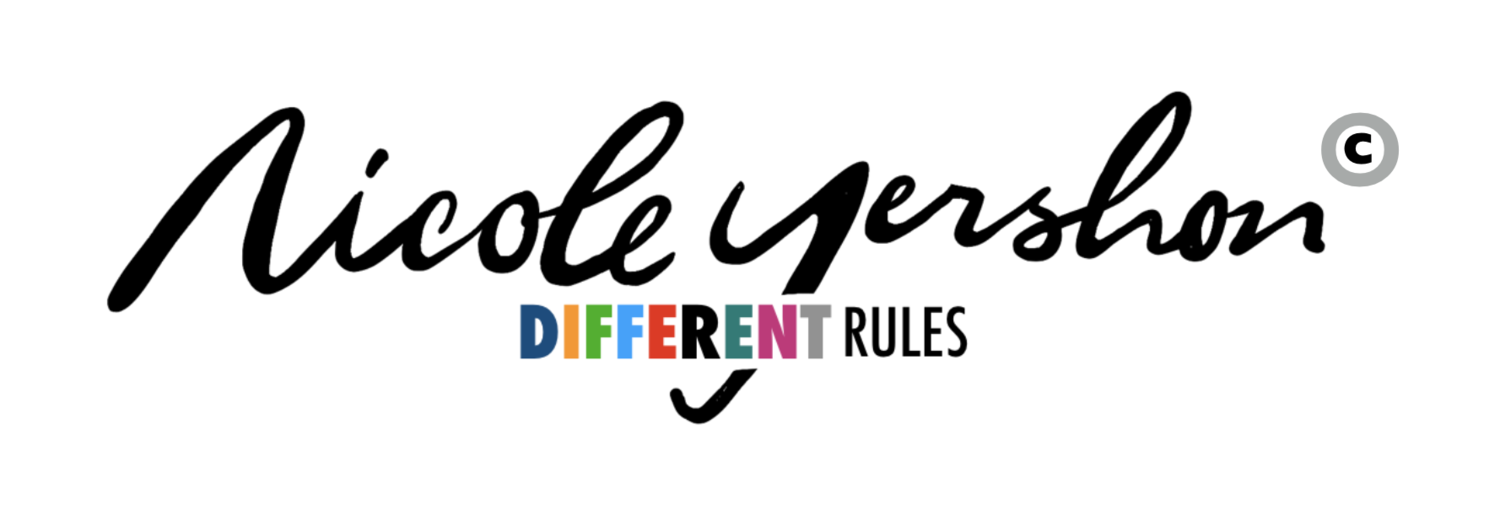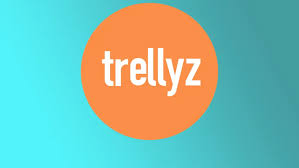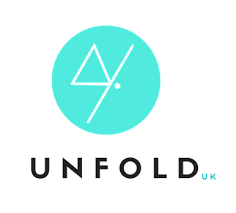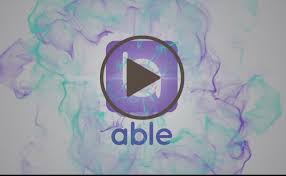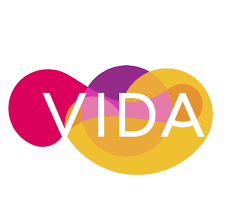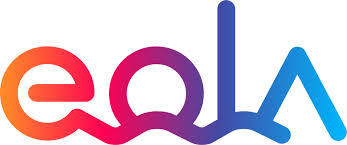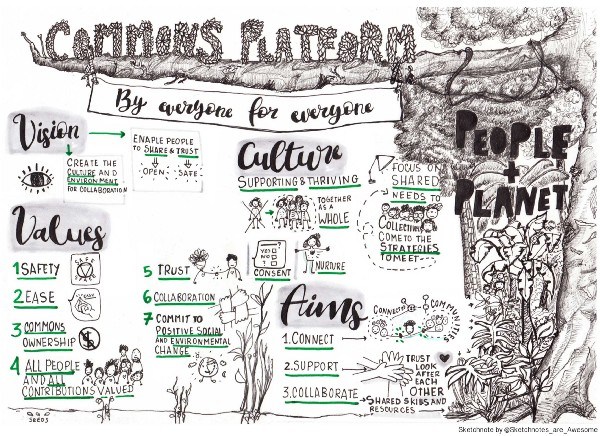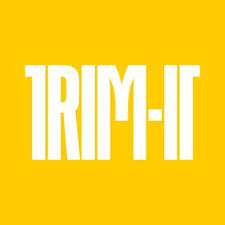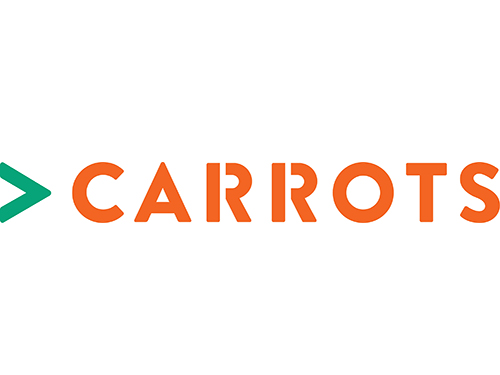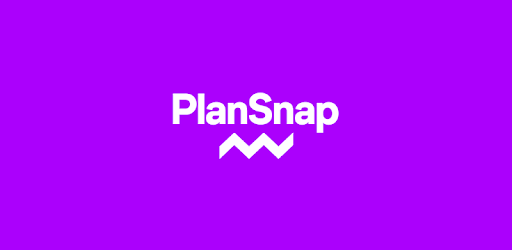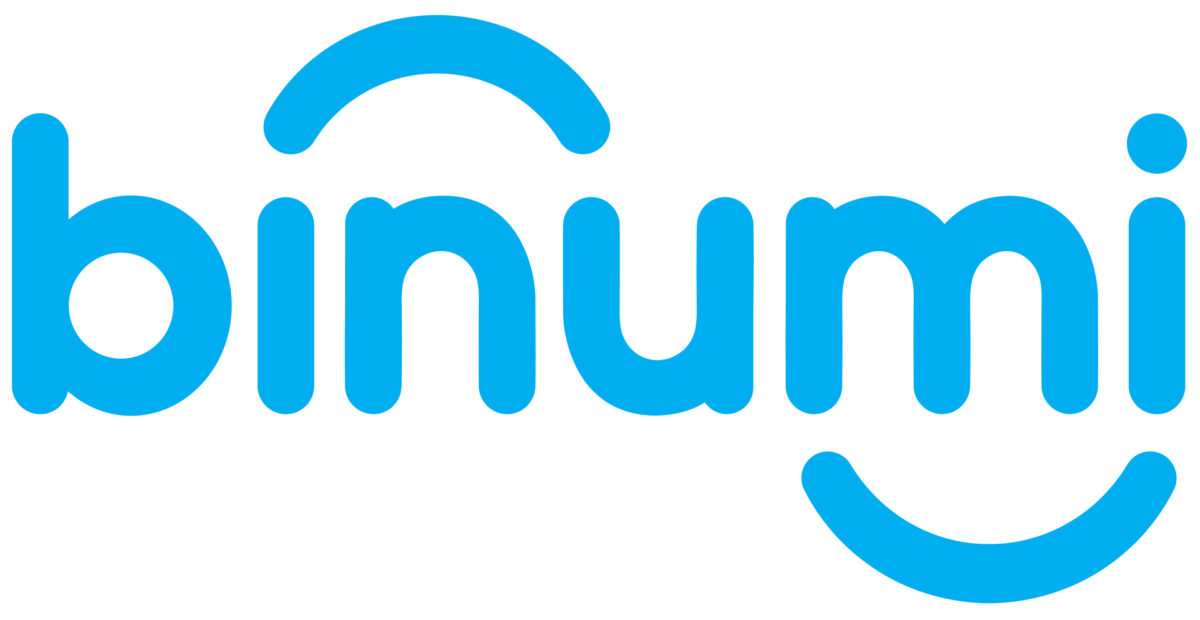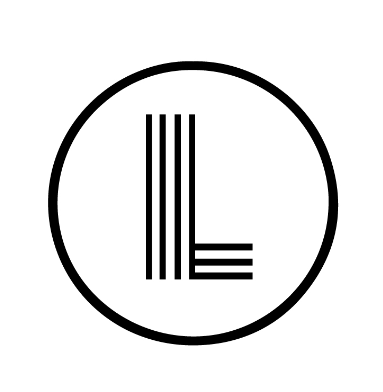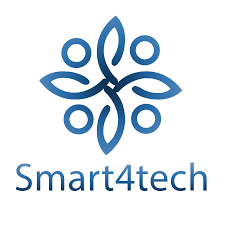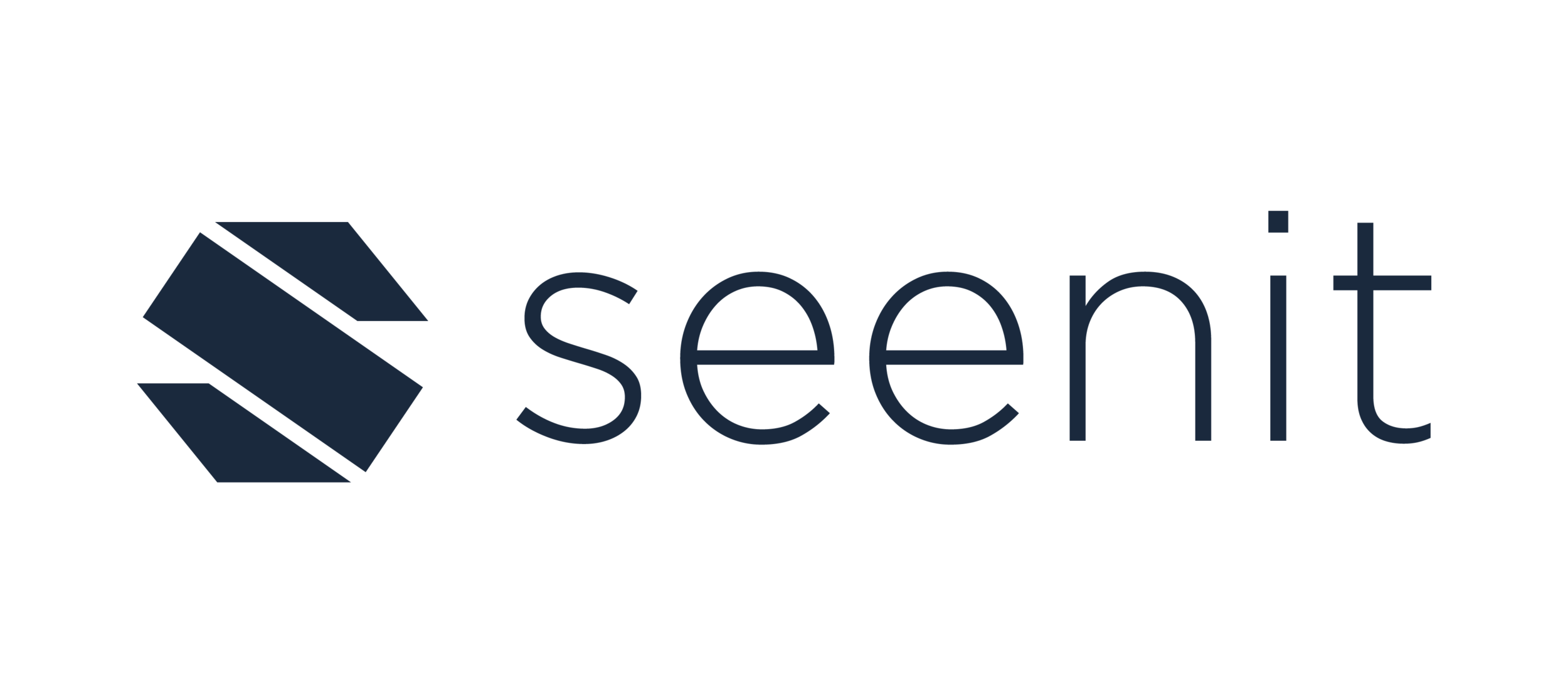Round 7: More Than Carrots | Briffa | PlanSnap
/Rip It Up have partnered with Disruptive.live to bring you live pitches from some of the most exciting startups right now. Hosted by Lulu Laidlaw-Smith, this televised event includes a series of five-minute overview and backstory from entrepreneurs followed by an interactive Q&A. At the end of the episode, users get to vote for which startup they would invest in. This crowdsourcing approach gives a unique insight into what consumers want – and which startups could be the next unicorn. Winners are announced every quarter!
SPEAKER #1 Annette Burgard | More Than Carrots
More Than Carrots helps us find restaurants with better plant-based choices on the menu. The idea came from a realisation that Annette had four years ago. She was arranging lunch with a colleague who mentioned that he was a vegetarian. He explained that his decision not to eat meat wasn’t for ethical reasons, but instead to reduce his carbon footprint. This came as a surprise. Annette had never thought about it from that point of view – even though she was at that time working for a sustainably-focused startup. So, what does meat have to do with the environment? Well, animal agriculture is responsible for 15% of global greenhouse gas emissions. That’s more than the transport sector. Put another way: if we reduce our meat consumption by two thirds, we’d potentially slash 10% of emissions. Imagine doing the same with cars or planes. It would be unthinkable. This experience led Annette to try this herself, but there was one problem – she had a social life. Every time she went to a restaurant with friends who were meat eaters, she was left with limited vegetarian choices. I mean, how many times can we order a mushroom risotto and actually enjoy it? The stats back her up. In the UK, 30% of people claim that they want to eat less meat, yet meat consumption remains stable. To tackle this problem, Annette built an app that helps anyone find restaurants where they can have a great vegetarian experience. One early challenge was that almost every restaurant offers at least one vegetarian option. How do we sort the average offerings from the best? The team at More Than Carrots came up with a solution to develop a scoring system that helps people rank restaurants based on three pillars. First, how many dishes and what kind of variety. This tells us whether vegetarian cuisine is something the restaurant focuses on and is good at. Second, the percentage of the menu that is vegetarian. The higher the number, the more likely they will be good at it. And the last pillar is the social element. If vegetarian dishes are on a separate menu and you have to ask specifically to see them, then this socially excludes you from the group experience. The app has just launched and they already have 1500 restaurants to choose from. If you want to reduce your environmental impact or begin 2019 with a plant-based lifestyle, download More Than Carrots and give it a go. Find out more at www.morethancarrots.co.uk.
SPEAKER #2 Margaret Briffa | Briffa
Margaret is a founding partner of the law firm, Briffa Legal. They specialise in intellectual property for the creative industries, helping businesses to protect their rights and ingenuity. This idea came about when Margaret was working for a big law firm. Her typical client was a large organisation with the know-how and resources to protect themselves. Part of the service to these clients involved sending out letters telling small creative businesses what they couldn’t do. The game with IP is to make sure that competitors keep well away from you. She soon realised that the business owners receiving these letters didn’t have anywhere to go for counter advice – they couldn’t afford the big firms and the local firms didn’t have the knowledge. This is when Margaret decided to set up a business to help them. To do this, she needed to offer two things: Help them understand the law rather than only reacting to their requests. This is about transferring knowledge and demystifying the process, teaching them to behave like big companies. The second aim was to rip up the traditional approach of hiring a lawyer by the hour. A time-based pricing model doesn’t work for small businesses because they don’t know how long something will take. Briffa launched with a transparent fixed fee system where clients knew the exact cost of the service without charging for every minute of ‘getting to know the business’ early on. Legal services for creative businesses are about to get more complex with the introduction of artificial intelligence. It’s one thing when a person creates a book, but what if AI takes over this task? Part of Biffa’s mission is to help navigate and contribute to discussions around ownership when AI comes onto the scene, and protect small creative businesses as the landscape changes over the next few decades. Find out more at www.briffa.com.
SPEAKER #3 Louise Doherty | PlanSnap
PlanSnap is about helping people to meet in real life, really quickly. Louise started her career as a strategic marketer. She worked for companies like the BBC, ASOS and YO! Sushi by day – but by night she was a super planner. Every friendship group has one. It’s the person who books tickets and tables, works out where to meet, send the postcode at the last minute and takes on the emotional and physical legwork of keeping friendships going. One particular weekend, Louise was tasked with organising a camping and wakeboarding trip for 30 friends. Can you guess what happened next? Before she knew it, she was using Doodle Poll, Google Sheets, Facebook Events, WhatsApp groups, text messages, emails, and even chasing people up in person just to get people to agree on the basics. This is clearly not the future of technology. So, Louise began looking at user experiences that already exist – for instance, two-tap apps for booking cars, hotels and films – and started to apply this framework to transform the way we manage relationships. So, how does it work? PlanSnap uses a combination of group psychology, machine learning and clean design to get everyone to agree on the details of the plan. This means focusing on four areas and reaching and answer as quickly as possible: who, what, where and when. It’s that simple. If you can get people to agree on that, the rest of the organisation will be comparatively straightforward. If we zoom out and look at how we use technology in our lives at the moment, many of its applications are working against a more connected society. Social media claims to bring people closer together, yet there is a causal link between the use of social media and feelings of loneliness. PlanSnap uses technology to get friends together fast and to make sure it actually happens. Find out more at www.plansnap.com.
Q&A HIGHLIGHTS
On problems solved...
Margaret Briffa: “The problem that we’re solving is how to access the information so you protect your business and can build it on a safe platform, not a tech safe platform, but on a legally safe platform. At the end of the day, you’re investing all your time and effort in it and it’s actually worth something. You can pass that on, you can bring in people, you can scale it up because you know that you’ve created the space to do that, and other people can’t come in and jump on it and do something very, very similar. So, the problem we’re solving is making that very easily accessible to small businesses and telling them to do it now, I mean, really, do it before you’ve even gone any further because you need to know now. A lot of people think, ‘oh, that legal stuff, I’ll park it because it’s going to be complicated and expensive,’ and then they go quite a long way down and then hit a problem that they could’ve headed off. So, we’re working with people by telling them, educating them, giving them a plan up front that they can follow. We’re empowering them. Helping them seize control, I mean that’s already sort of weird for lawyers. We don’t want the control, we want you to have the control of how this goes, so you can have the knowledge and make your business the very best it can be. And then if you want to get investors, you want to sell it, you’re doing the right things and people aren’t saying, ‘well, actually, it’s not worth anything because of X, Y, Z.”
Annette Burgard: “On average, people that are looking at their meat consumption spend 14 minutes browsing through menus to select a restaurant. And what we’ve seen is that the whole way that our dietary requirements culture is evolving, it’s very focused on the individual and trying to find sort of this perfect dish that has exactly the calories, exactly the ingredients, exactly the excluded ingredients, everything you want. The problem is that this doesn’t make for a very social experience, and we found that people want to eat together, and we want to enable that. I would always say that the big problem we’re solving is climate change, but again, for the individual, it comes down to much more mundane sort of problem which is like, ‘how do I find a restaurant where I can have a great plant-based meal but my friends can eat meat and everyone will be happy?’ And if you don’t find that kind of restaurant then either as a meat-reducer, like I am, you end up eating meat. I think that making this logistically easier is one of the ways we can enable change to happen here.”
Louise Doherty: “The problem that we’re solving is the epidemic of loneliness. I think that we live in a world where technology is connecting us more than ever before, but, actually, people feel really lonely. The UK has recently appointed a Minister for Loneliness, to continue the work of Jo Cox and the Loneliness Commission, and there are lots of different studies that show a causal link now between social media use and loneliness. It just seems utterly ridiculous that this technology that was designed to bring us closer together, and in some sense does for perhaps people that can’t meet in real life, but it makes us mistake superficial connections for the real world. Loneliness is as bad for you as smoking, which was highlighted in a study by the World Health Organization. So, the big problem is definitely the epidemic of loneliness and making a happy and healthy society through real-world relationships. But I think if you break that back down to something more immediate… who here has tried to get friends together for dinner, for example, and gone through absolute hell to get everyone to agree on the details of the plan? The average plan takes nine apps, 22 app switches, which is 77 swipes, 13 minutes on the phone, 10 texts, and it still fails 40% of the time. That’s the problem that we want to solve most immediately."
On trust...
Margaret Briffa: “Trust underpins everything. In a way, there’s the old-fashioned perception, where you’re stuck with your lawyer forever because there’s a lot of information out there but what you really need is to partner with someone who can really go on the journey with you and is interested in your business. So, trust is absolutely fundamental. It's important that you’re getting good advice, you’ve got people that are interested in your business and want to see you succeed. It’s much more than your traditional, ‘oh, I need this done,’ request and then that may be the end of the interaction. It’s about having a total interest in it, and I think that’s how you build trust. We also spend a lot of time getting to know a business before we do anything at all because we have to work out exactly what's required. You can have a plan and go off and decide to do it or not, but it’s very important to build trust before you start.”
Annette Burgard: “The trust topic is huge. Diets (and ultimately, what you put into your own body) is one of the most intimate and personal decisions for people, and that goes against the trend of being told by everyone, everywhere, what you should or shouldn’t be eating. When this whole thing started, my fundamental problem was I was made aware of all these environmental issues but I wanted to now explore and learn, and I didn’t want to be told what the answer was. I didn’t like websites that preached about why you should go vegan. I wasn’t ready for that, and then it can actually have the opposite effect, it pushes you away from it. What I needed was an inclusive space that allows me to educate myself. Reducing our meat consumption is great if a lot of people are happy to go completely plant-based but it does make a big difference even if the entire population eats 20-30% less meat. Also, if you get to a restaurant and you’ve been sent there by a tool or by an influencer, and you don’t like it, you’re not going to use that tool again, or you will no longer follow that influencer. So it needs to be relevant to you. More Than Carrots is not about telling people that this is what you should be doing or this is where you should be eating. It’s more we do the analysis for you so that you don’t have to spend 15 minutes researching menus every time you want to go eat.”
Louise Doherty: “Trust is everything. When you’re talking about trying a radically new way of getting people together, just a new app, the first thing that we think these days, at least in the technology industry or people who are early adopters, is, ‘what is this platform going to do with my data? How are you storing it? What are you using it for? Are you going to tell me other things? If I wanted to leave my account, how do I do that?’ Right from the get-go, we have to get people to trust us. We don’t collect anything more than we actually need and then obviously we explain to people how we actually use it, and that has huge implications for how we develop our machine learning models because the concept of black box AI, where we’ll give you a great answer but won’t tell you how we got there, applies to both the company but also the user. It’s very interesting designing for machine-learning assisted planning because you have to explain to people why you have that and why it’s useful to that person, and that process for us, introducing recommendations from us as an entity, it has been fascinating.”
On validation…
Margaret Briffa: “The validation is the last job you do. It’s very different to Annette and Louise because we’re not doing something that’s never been done before, we’re just doing something in a completely different way so really our validation comes when we finish a job. If it was well done. That’s it, and you have to keep it up. It’s a very different thing. In terms of the tech, in our industry, there's a lot of information out there, it’s how to use tech in a way to help people get to get the answer, I don’t think it will ever take away the need for face to face.”
Annette Burgard: “It’s an ongoing conversation. We interview, we observe a lot, and it’s something that really involves the whole market so we have a lot of conversations with diners, but we also speak to the restaurants. I think one of the biggest realisations for us is how many entrepreneurs are trying to solve this problem. There are so many people trying to build a dish-based search app for restaurants, there are a lot of things that we keep seeing, and none of them have really caught on. It’s this group of meat-reducers, is a tricky one in the sense that it is huge, but we don’t identify with this label as much as a vegan or a vegetarian diet. I think this is iteration five or six, so every change was based on feedback. I would describe it as circling, but the circles are getting smaller. That is sort of where we are, and while the proof is in the pudding, we will see. The app is live this week, so we hope a lot of people download it and give us feedback.”
Louise Doherty: “We had paying customers before we had a product. I would say the first validation was — you need different bits of validation at different stages of the business — so the first one is, can it be a business? Sale before product, okay, yes, we’ve validated that. The second thing was we did crowdfunding, so we went for £250,000 investment and we got £380,000 I think, and that was really amazing. Is there a big enough market for this, are people prepared to put their money behind this? So that’s the second part. And then with the App of the Day stuff, and we were also featured as the best app for socializing by Google before Christmas, and that’s kind of another validation.”
On scaling up…
Louise Doherty: “I think the States represents another great market for us. Lots of the big, successful consumer tech platforms come from there, although I would say that London has this unique dynamic between machine learning, talent, design and cheaper technology which means that we can actually develop something. We’ve got the investment system now, so I don’t necessarily have to move to America. Geography is one part of scaling, but the next for us is moving to new platforms. We started with an iPhone app, we moved to the Android app, we then moved to the web, and then the next step for us is to be inside all of the other apps and services that you use when making social plans - whether it's looking at a restaurant review or a theatre website and being able to dynamically generate personalised plans from external pieces of content.”
On change…
Annette Burgard: “We really want to roll this out. London is arguably one of the better cities for vegetarian and vegan food, but there are cities where this would be even more relevant, so that’s what we want to do next. We're giving people a new way of looking at restaurants. It’s a disruptive way that challenges restaurants to consider how can their menus reflect the needs of our future foods reality. The iPhone app is out literally this week. The next step will be an Android app as well because we just want to reach as many people as we can, get the feedback, and keep growing.”
